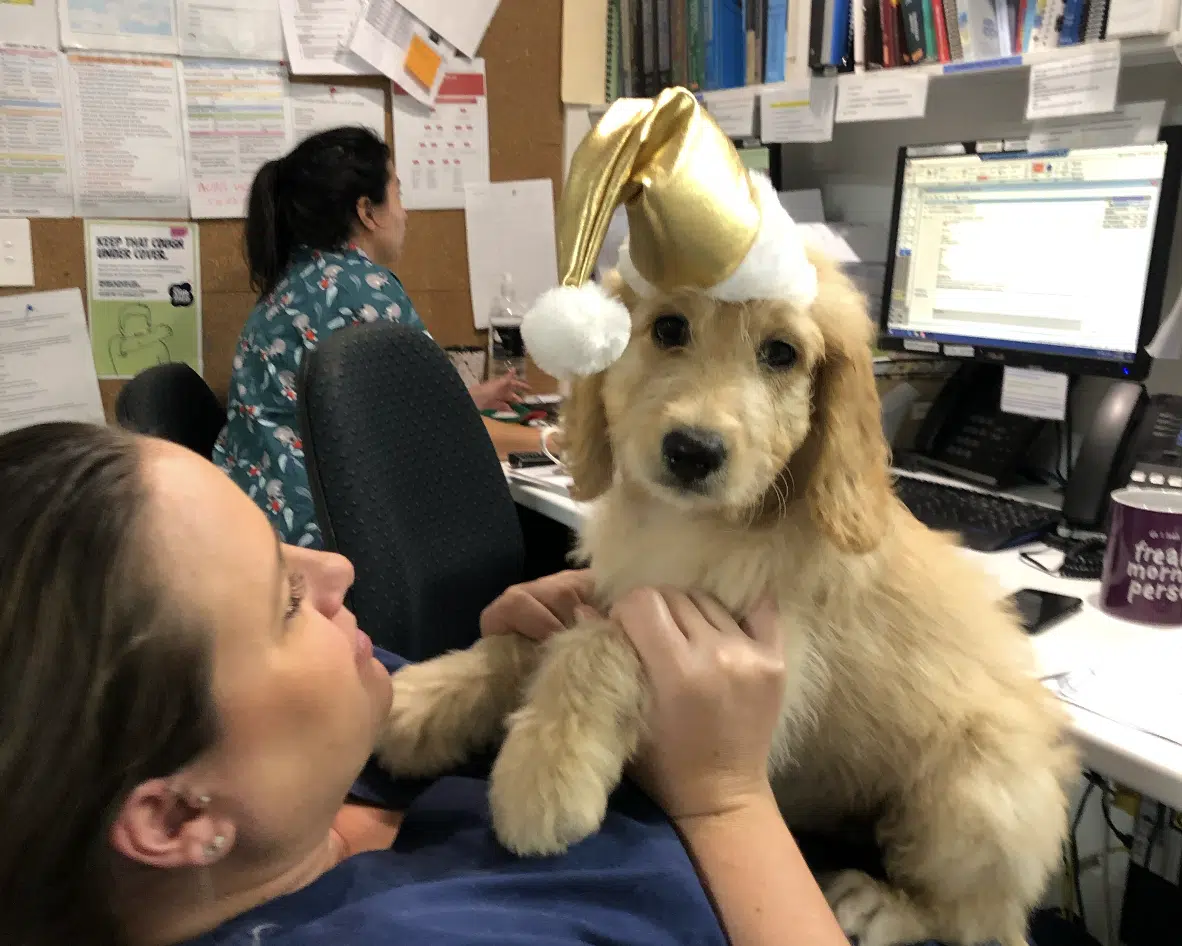For those of you out in the clinical world, you’re probably all well aware that Christmas is fast approaching. While this is certainly a season for celebration, family festivities, and sharing joy with loved ones, it can also be a challenging period for many veterinary professionals with the Christmas rush in full swing. Having worked in clinical practice for several years, I’ve experienced firsthand the uninterrupted stream of back-to-back consults, increased frequency of walk-ins, and the yearly influx of Christmas-related illnesses.
It’s important to be able to take a step back during this busy time and look after yourself and your colleagues. Be sure to set aside time to truly enjoy the holiday season despite the temporarily increased workload. And while Christmas is an important time for veterinary professionals and our clients, this month can have a significant impact on our patients too. Chances are you’ll have a number of illnesses in mind already that seem to appear more often during Christmas (ham-related pancreatitis, anyone?).
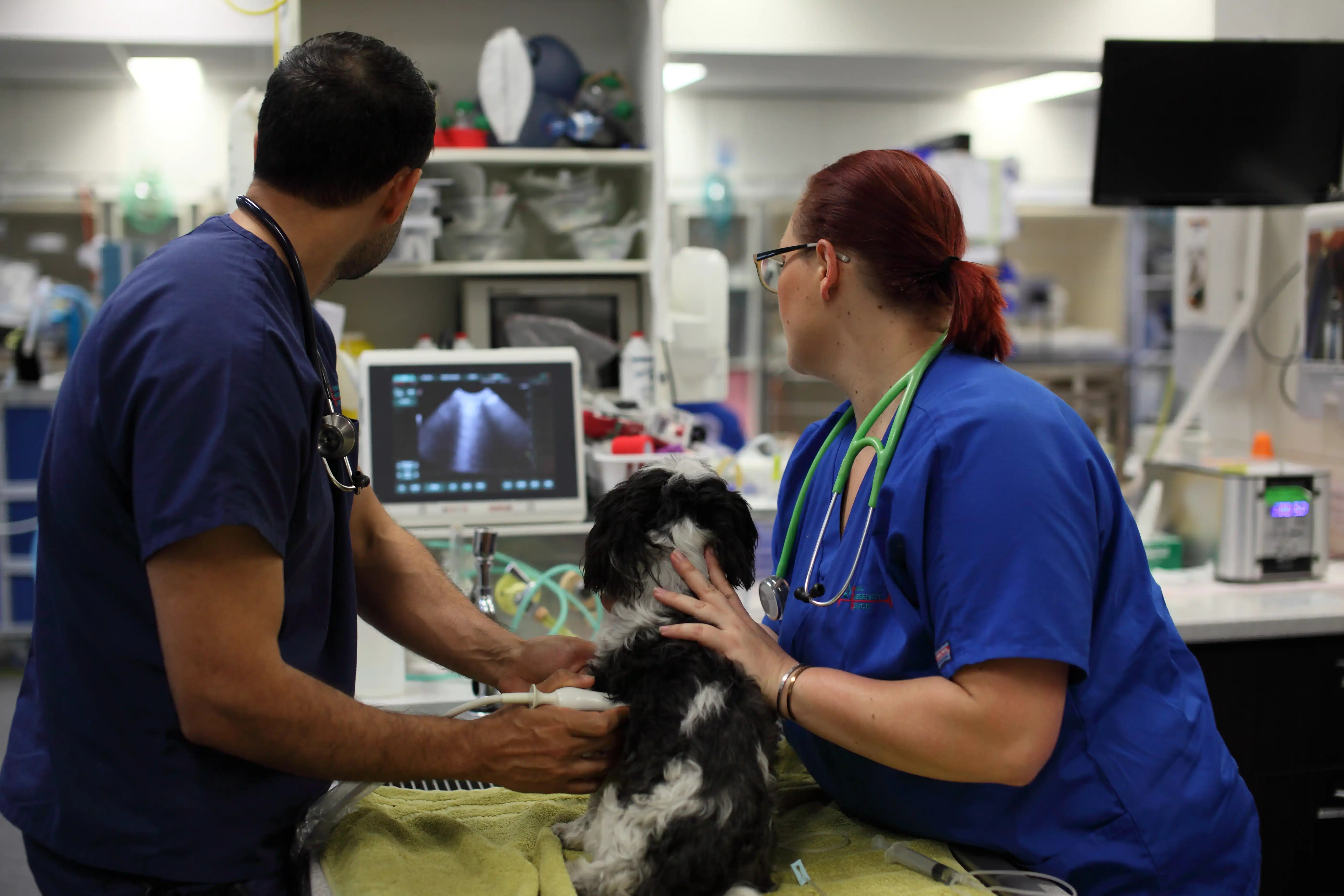
That’s why in this article, we’ll be honing in on 7 key reasons that make the Christmas period so bustling. Breaking down why the festive season can quickly turn into the frenetic season helps us become self-aware and mindful of these concerns. With greater understanding, we hope that you’ll be able to provide your clients with some valuable insights on how to avoid these concerns altogether.
So why are vet clinics so busy in December?
1. Christmas Leftovers & Excessive Treats
This is the big one that we all see over Christmas – picture the greedy Labrador with gastroenteritis, the Beagle with bloating, or the stereotypical Schnauzer with pancreatitis. What might seem like a harmless treat or a generous donation in an owner’s eyes can end up being the trigger for bouts of avoidable gastrointestinal illness.
It’s true that many of us like to indulge over Christmas, and through anthropomorphising our pets, we often think the same for them too. Enjoying a decadent lunch with the family dog hoovering up leftovers from beneath the table or the cat indulging in a cheeky prawn seems like a common Christmas scenario. This commonly leads to unexpected veterinary visits, ranging from mild GI cases through to severe pancreatitis needing intensive care.
But the good news? It’s completely preventable.
Solution: so how can this be avoided? Simply through perseverance and communication. Advise clients to share with their family that leftovers shouldn’t be given to the family pet – specifically avoiding fatty meat offcuts. The last thing anyone wants is a visit to the vet! As an alternative, set aside specific diet-appropriate treats that can be given as a substitute for leftovers.
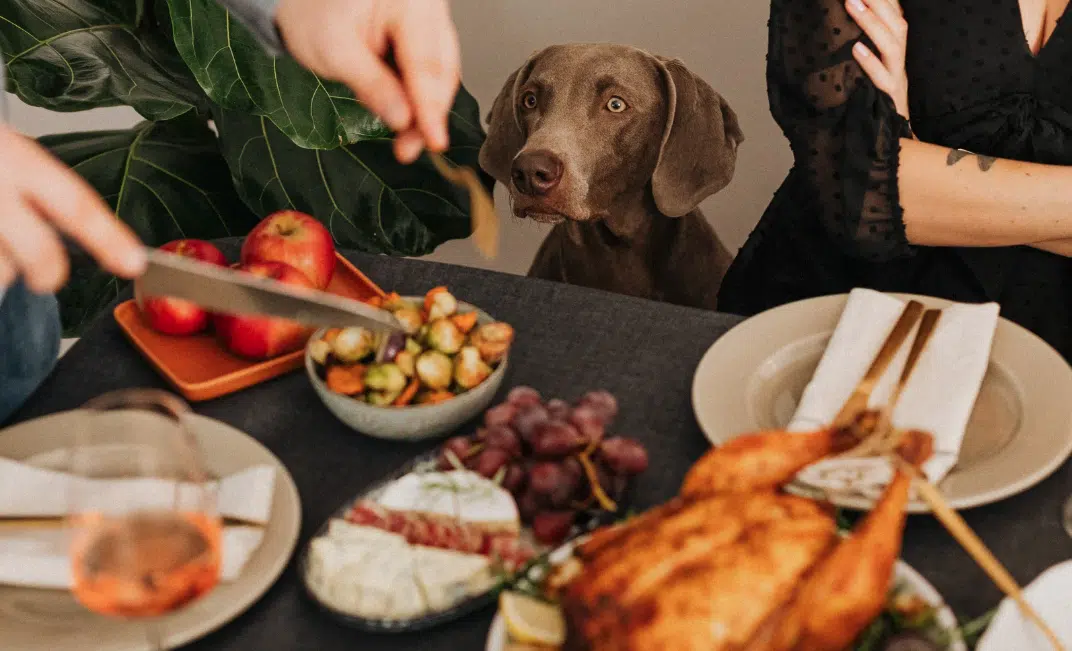
2. Exposure to Unfamiliar Environments
It’s always exciting to travel during Christmas – visiting friends and family, taking a much-needed holiday, or making a trip to the beach. And as Australians, we treat our pets like family, with our pets joining us on Christmas travel as well. Visiting somewhere new can be thrilling for us and our pets, but this may end up exposing them to new hazards they previously might not be familiar with including:
- New species of plants/animals, some of which may be toxic
- Unfamiliar settings that pets may try to escape
- Environments with overwhelming stimuli (i.e., sights/sounds/smells)
- Long-distance travel, which can be stressful for many pets
These are just a few of the situations that can be a challenge for pets in a new environment. So what can you recommend to your clients to reduce stress, anxiety, and the risk of illness/injury?
Solution: exposure is key – if in a new environment, try to gradually introduce this environment (at least similar environments) throughout the year. By regularly visiting similar locations, like parks/beaches/family houses, most pets will become more accustomed to these new stimuli. It’s also worthwhile when visiting somewhere new to ensure that fencing or any enclosures are secure to avoid pets escaping in an unfamiliar setting.
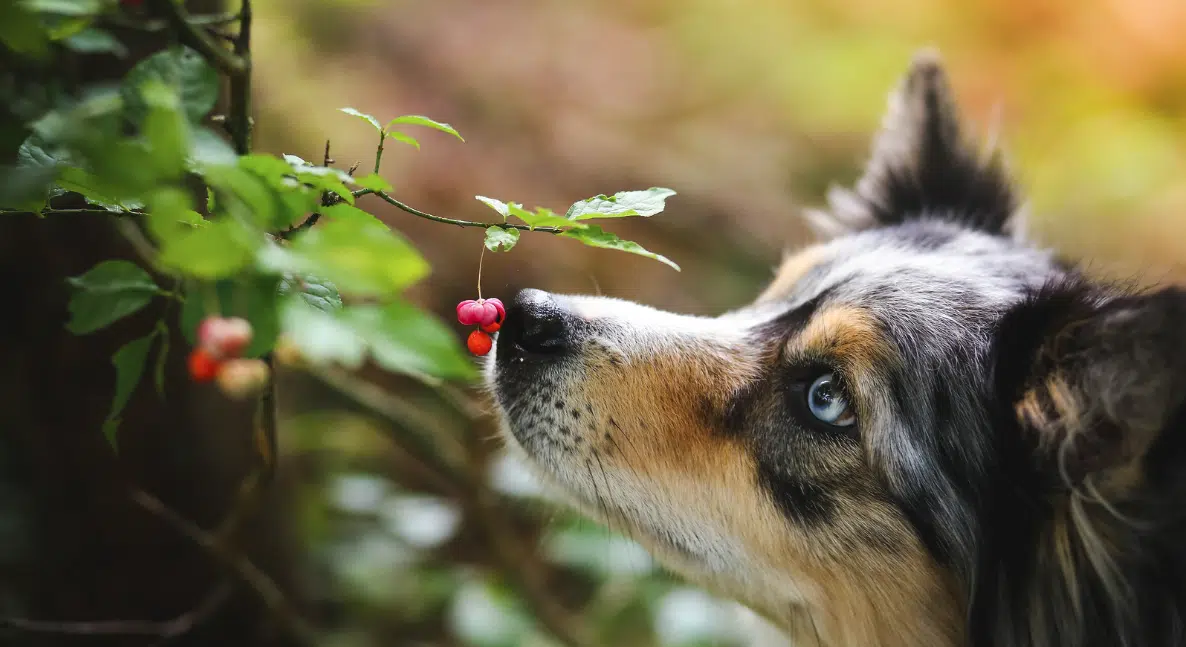
3. Pets Meeting Other Pets
Christmas is a time for getting together with family. That often means the family pets end up getting together as well, whether they like it or not. And like family, not all pets are going to get along if they only see each other once a year… This can lead to unfavourable outcomes, like injuries from vigorous play, minor scratches or bites between pets, or worst case scenarios of fights leading to significant trauma. Nobody wants to be spending Christmas eve doing a stitch-up.
On the upside, this can be avoided through planning and preparation from family members. It’s important that everyone is responsible for their pet if in a setting where many people (and pets) are gathered together.
Solution: if pets are unfamiliar with each other, ensure they are each given a safe space they can retreat to. Younger, more boisterous pets may playfully pester older ones, causing significant stress, so offering a secure retreat is essential. Ensure pets are monitored closely when together, and if unable, keep them in separate areas to avoid interactions becoming overwhelming or unpredictable.
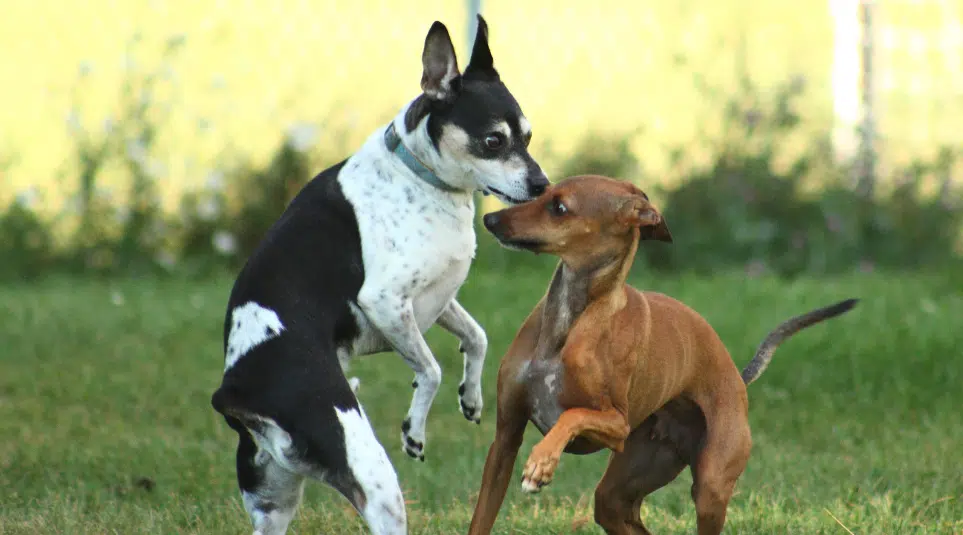
4. More Attention From Family
“Bella’s looking a lot older, isn’t she? She’s lost a lot of weight. Looks like she’s been drinking a lot more too! And have you gotten these lumps checked? And her breath smells really strange at the moment.”
Comments like these about the family pet are all too common over Christmas. With more people visiting, some who may only see the pet once a year, changes to an animal’s health may appear even more obvious. So Christmas naturally becomes a time where many health issues finally come to light and are investigated due to the recommendations of family members.
And while stopping family from making remarks is near impossible, there’s one simple solution to avoiding them altogether: regular health checks!
Solution: Rather than leaving health issues to become a concern and be dealt with at the busiest time of the veterinary year, all veterinary professionals understand the importance of preventative care. It’s much more favourable to diagnose and treat conditions before they progress, and regular check-ups can ensure illnesses are caught early.
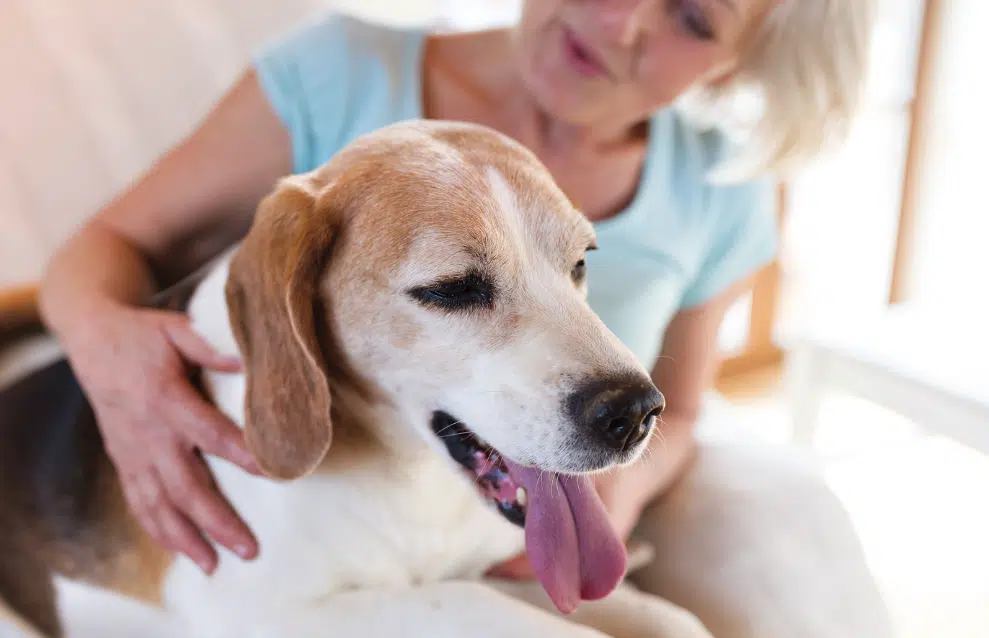
5. Edible (and Non-Edible) Presents
Who doesn’t love a present at Christmas time? Somehow, even as adults, unwrapping a present and finding a box filled with something delicious or a fancy new gadget never seems to get old. And it doesn’t get old for pets either – many love to tear into presents to find out what’s inside.
This unfortunately means that many presents end up getting swallowed, regardless of whether they’re edible or not. Chocolate is a common gift at Christmas, and also a delicacy that can easily be sniffed-out with a sensitive nose, resulting in a vet visit. Discarded toys or decorations left around the house can also make for an unintended snack for many pets, requiring more costly surgical intervention. Who knew Nerf darts could be so delicious? Or that tinsel tasted as good as it looked?
Solution: preventing physical access is the key to ensuring presents don’t end up somewhere in a pet’s gastrointestinal tract. A playpen around the Christmas tree, although an eyesore, is a far better gift than a surprise resection and anastomosis. Encourage young ones to pick up their toys and keep them somewhere safe too, save them becoming a snack.
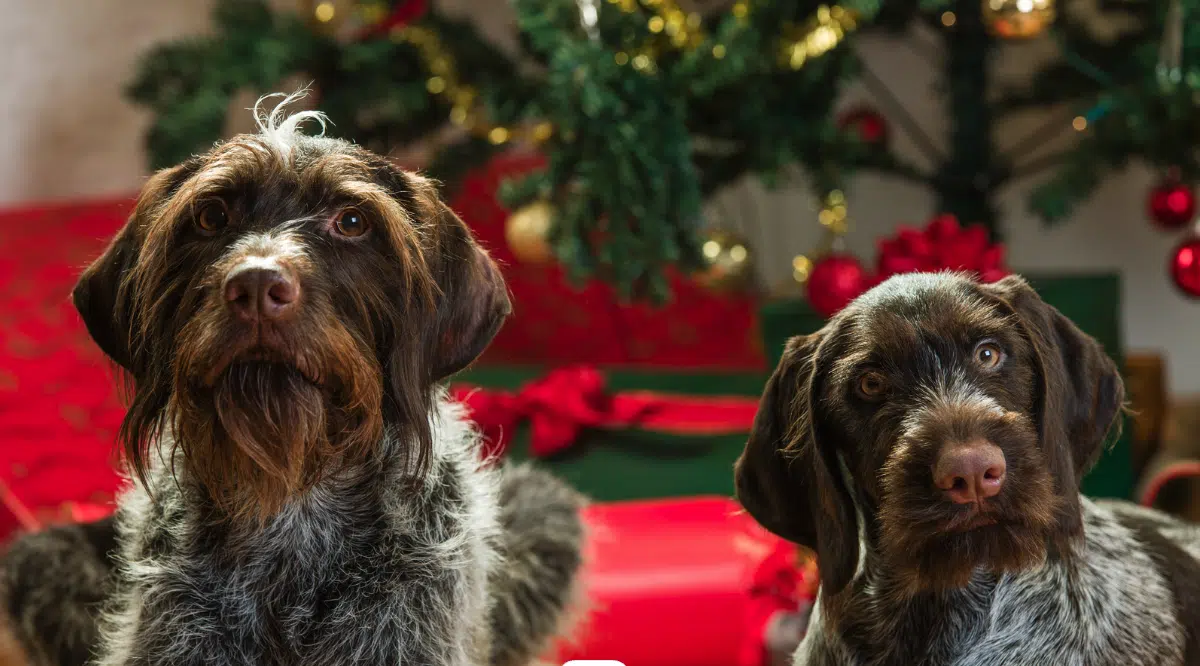
6. Heatstroke and Other Summer Conditions
Summer in Australia is sweltering. Definitely no white Christmases here! With temperatures regularly above 40°C, keeping cool is often at the top of our wishlist during the festive season. Thankfully, it’s easy for us to cool down with an icey drink, a refreshing dip in the pool, or vegging out under a fan during the heat of the day.
But don’t forget to remind clients that pets feel the heat even more than we do! If we’re feeling hot, chances are our pets are feeling it even more. Heatstroke, burnt paw pads, and dehydration are regular presentations in both GP and emergency clinics and are all completely avoidable.
Solution: emphasise to clients the importance of being mindful of their pet and paying close attention during hot weather. Provide fresh water at all times, especially if playing out in the sun, access to plenty of shade, cooling mats, and cooling like fans and air-conditioning. Avoid vigorous exercise during the heat of the day and if going for a walk, check the heat of the pavement with the back of your hand for 5 seconds. Is it too hot for your hand? Don’t go for a walk just yet.

7. Snakes and Ticks
We like getting out and about during Christmas – visiting beautiful beaches, picturesque parks, or delightful day trips. You know who likes getting out and about as well? Our native wildlife, particularly those which enjoy the heat the most. Most regional and rural vets are well aware that Summer is prime time for snake envenomation, and clinics on the Eastern coast will see an influx of Tick Paralysis cases.
So while we can’t exactly tell the snakes or ticks to just stay at home over Christmas, what advice can you give to your clients so their pets stay safe?
Solution: a number of recommendations should be given to clients, either during a consult, given as a handout, or could be made digitally through a social media post or email. This can include simple tips such as:
- Ensuring pets are always up-to-date with tick prevention
- Checking pets daily for ticks if in a tick-prone area
- Keeping pets out of overgrown or bushy areas
- Always watching pets in outdoor settings
- If visiting a new location, know the closest vet clinic and have their number saved
These are just some of the main reasons behind an influx of patients during December. And while it’s true that many clinics are busier than any other time of year, many of these concerns can thankfully be alleviated through client education and an emphasis on mindfulness towards pets during the festive season.
The team at Animal Emergency Australia wishes you a pleasant Christmas season and is always here to support by offering our services to all referring veterinarians and through free access to our VetAPedia emergency protocol library to help with any emergency cases over this busy period.

